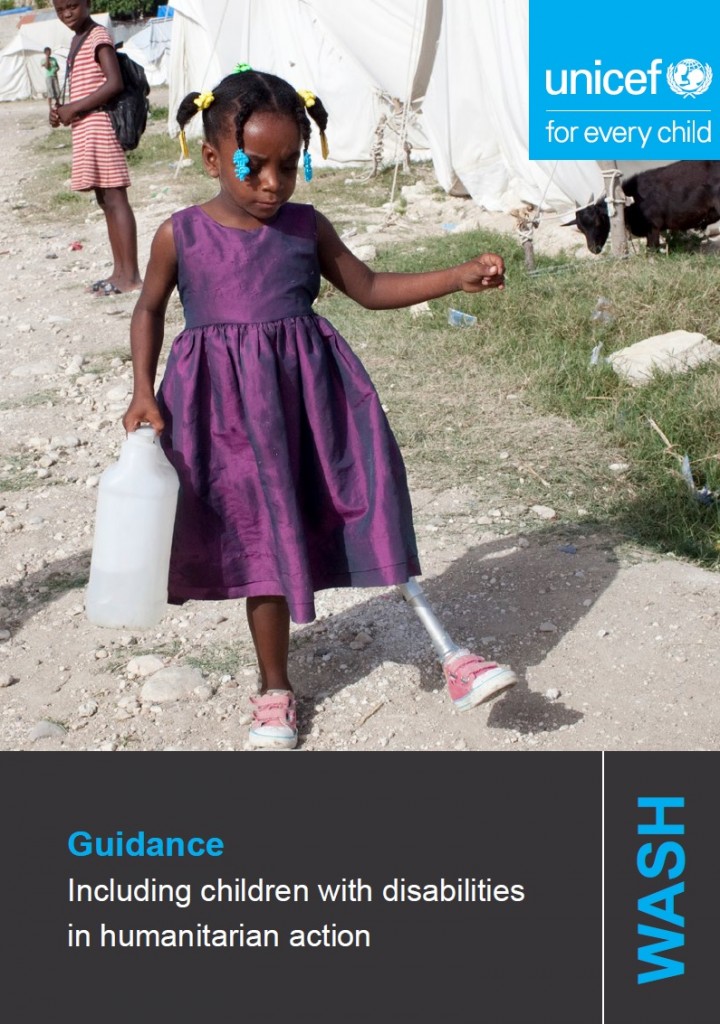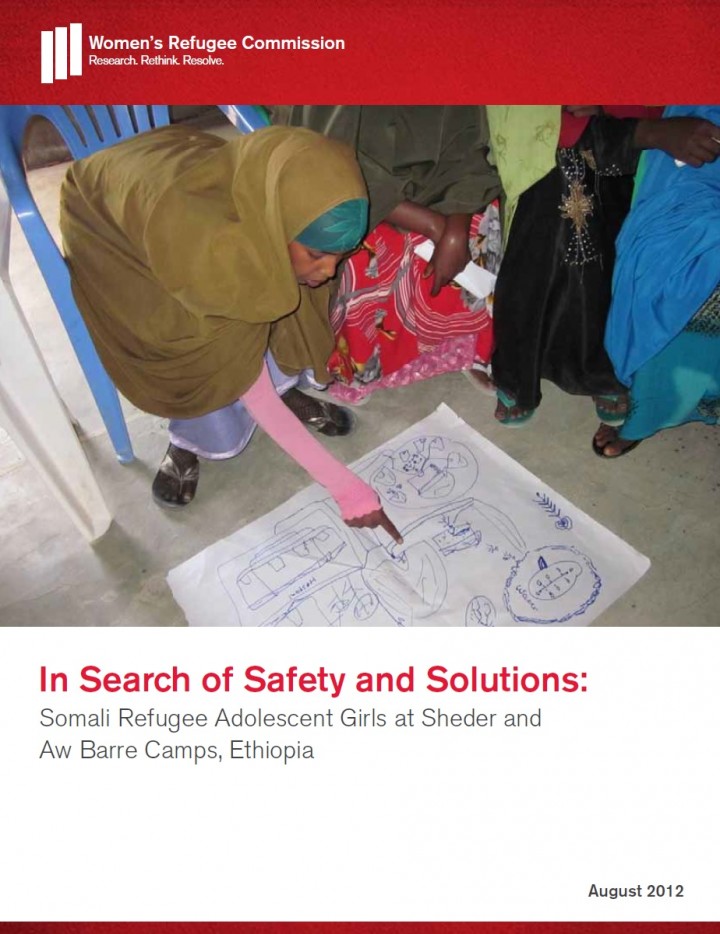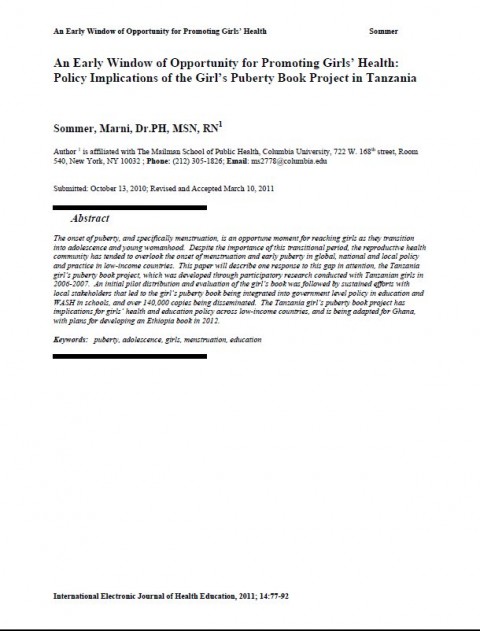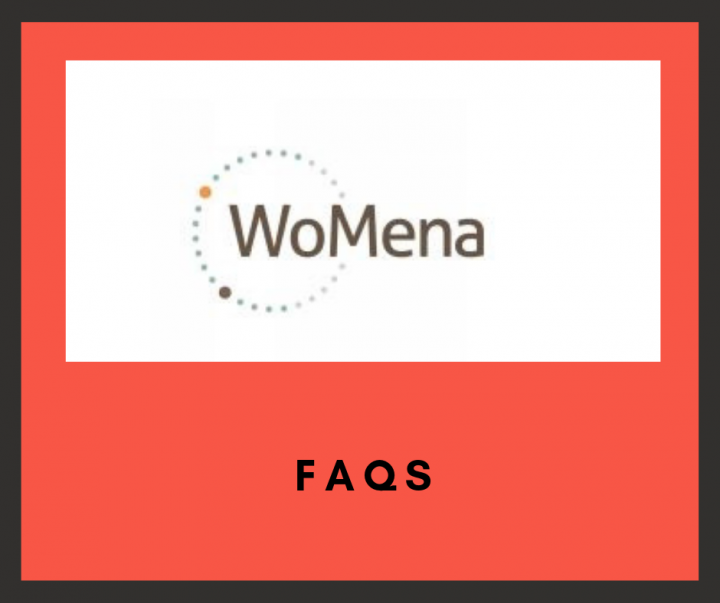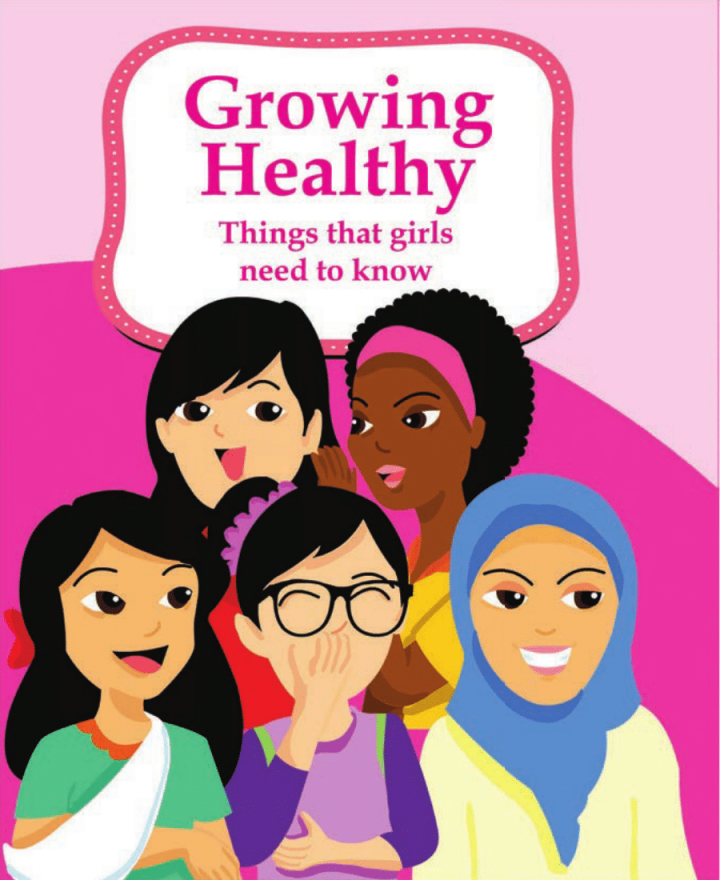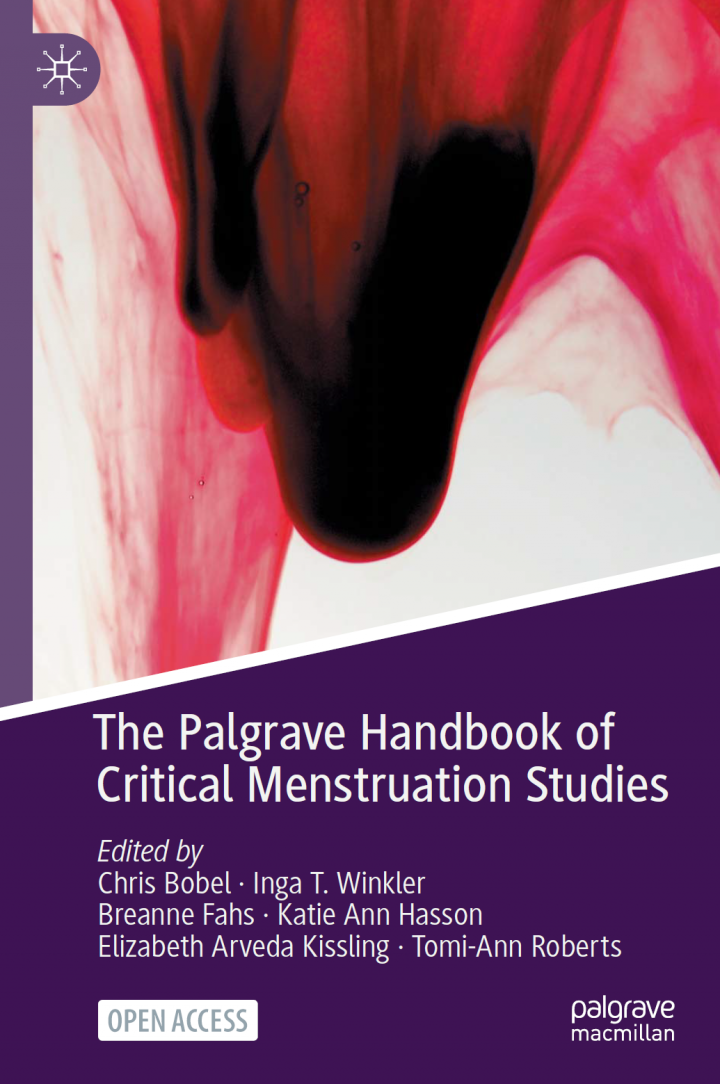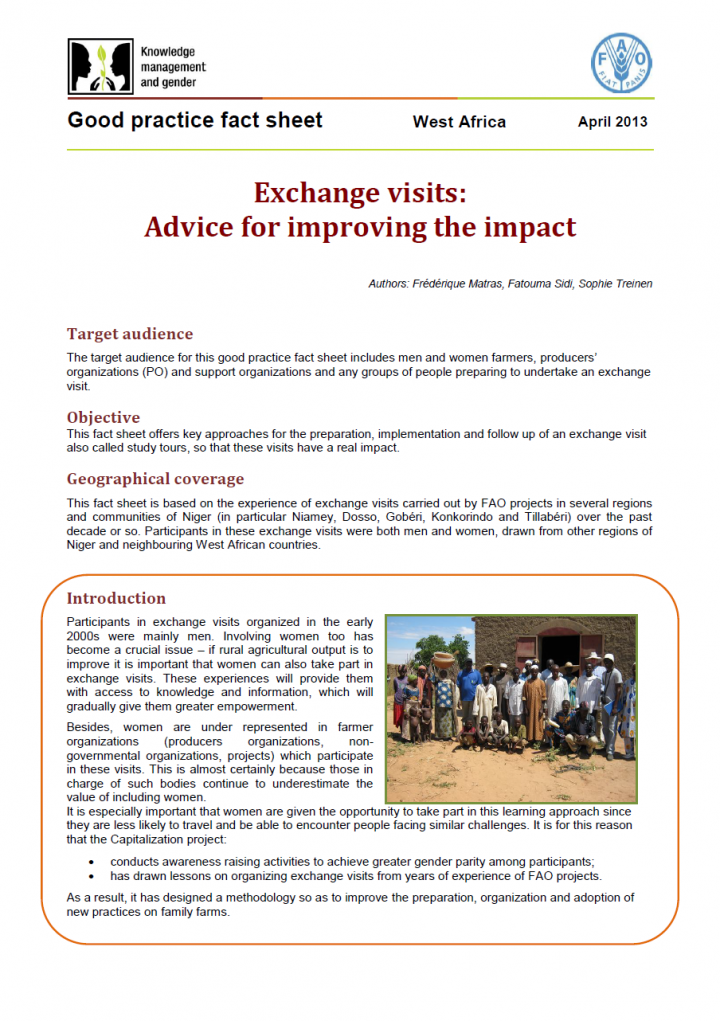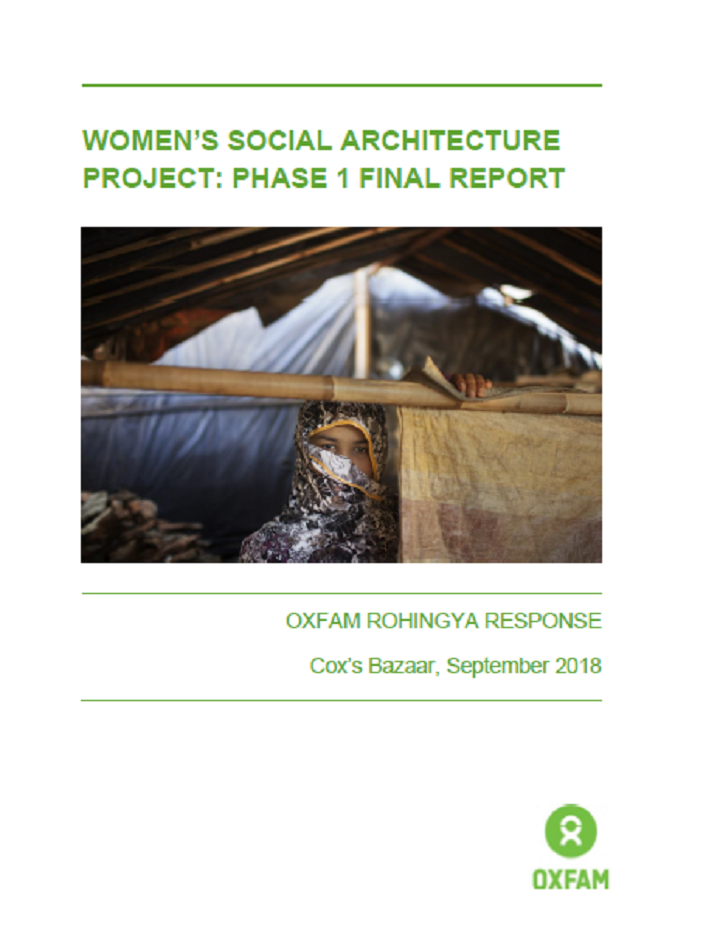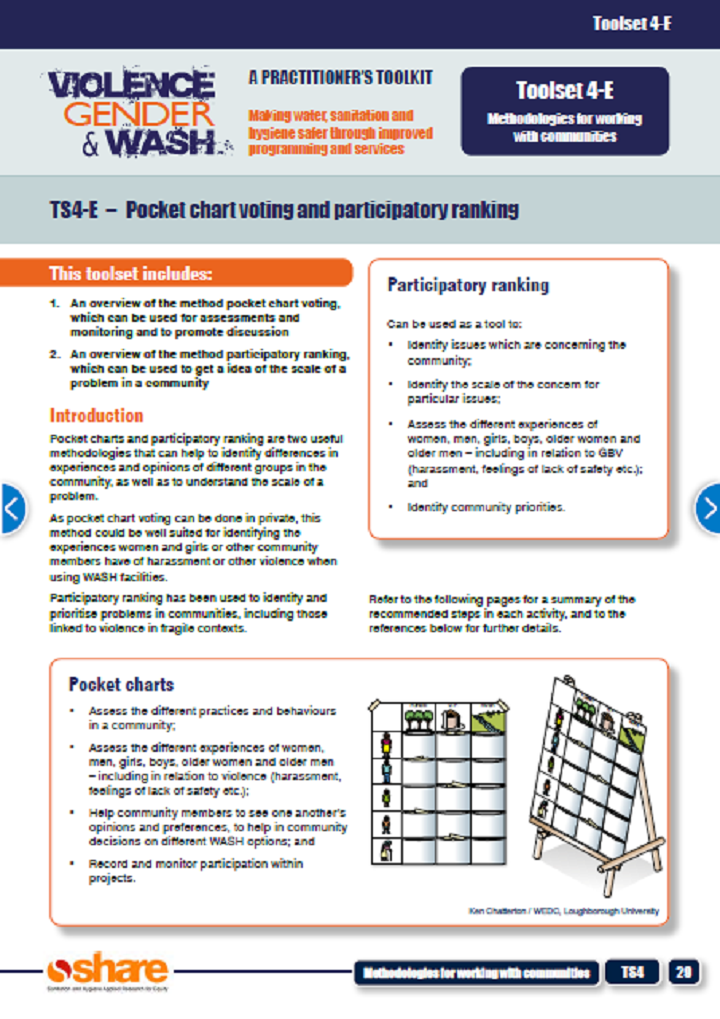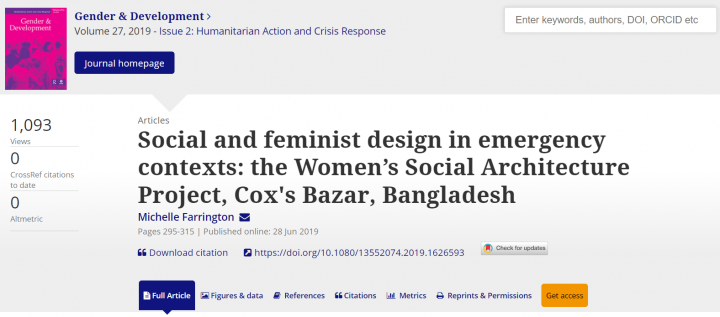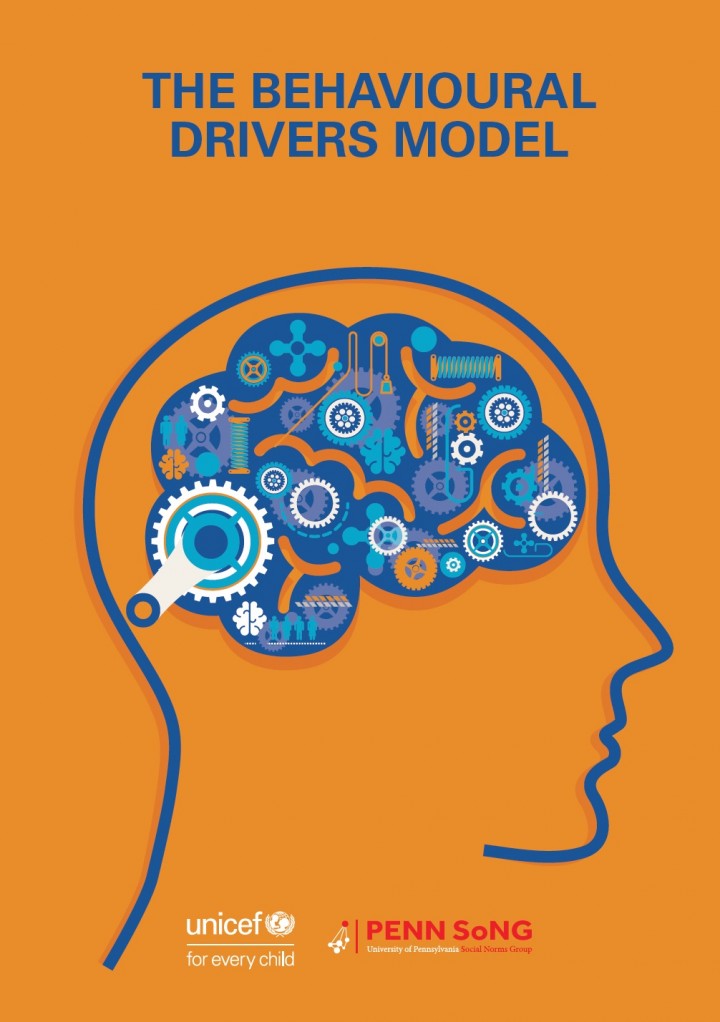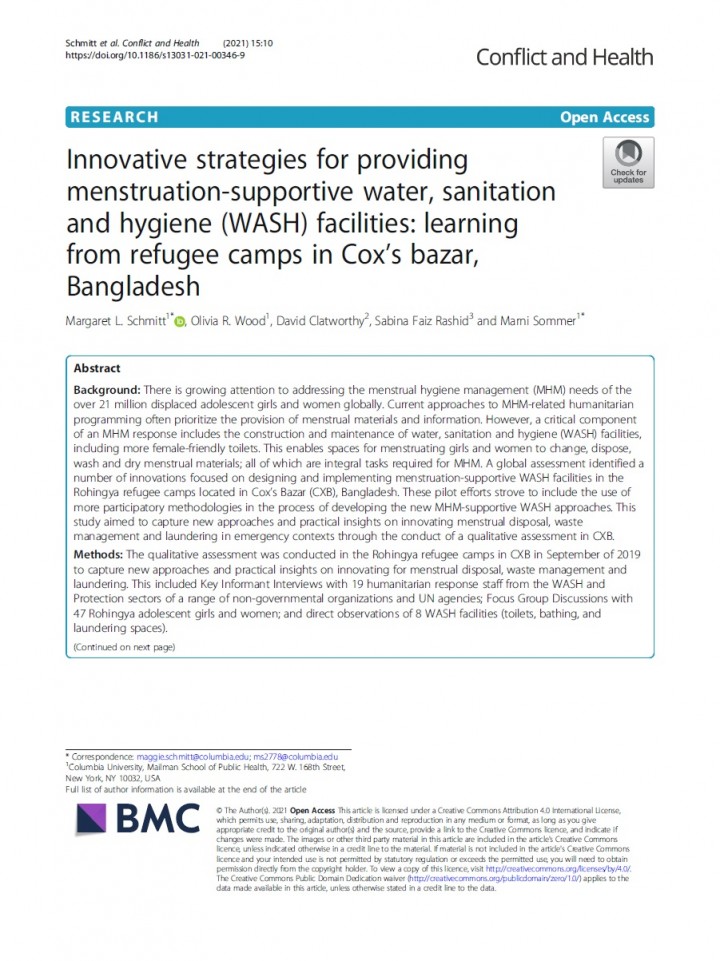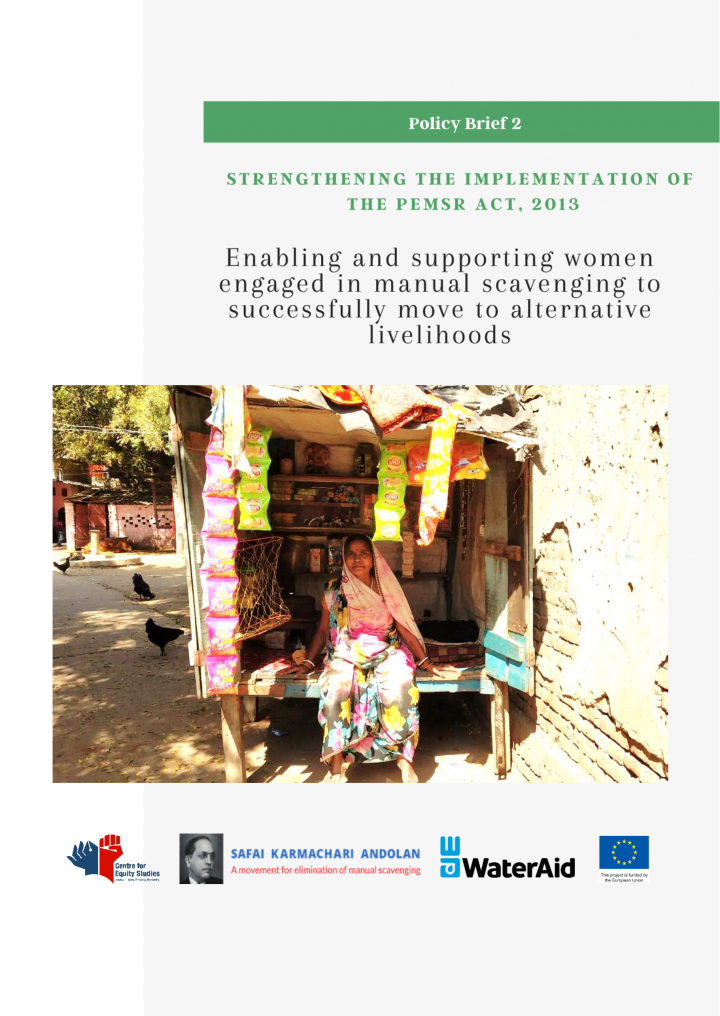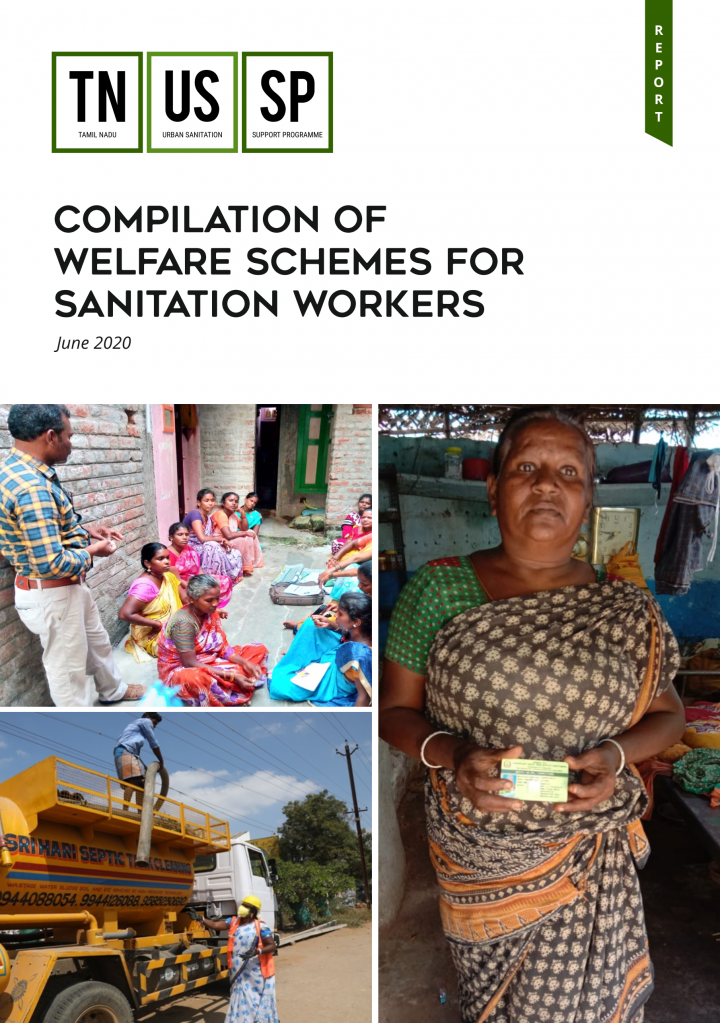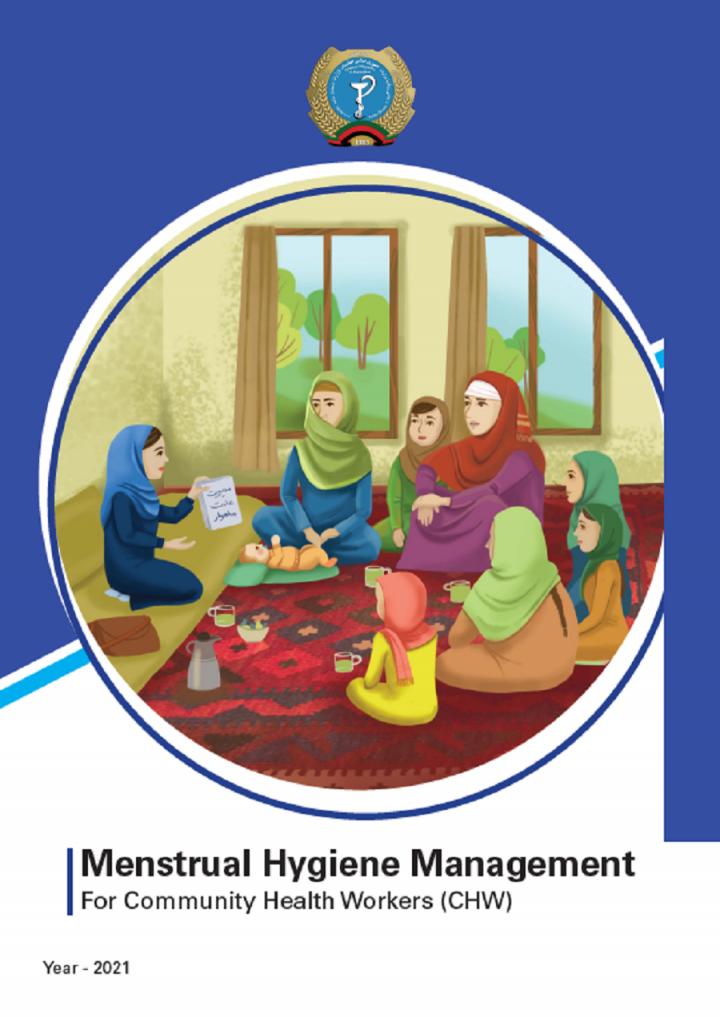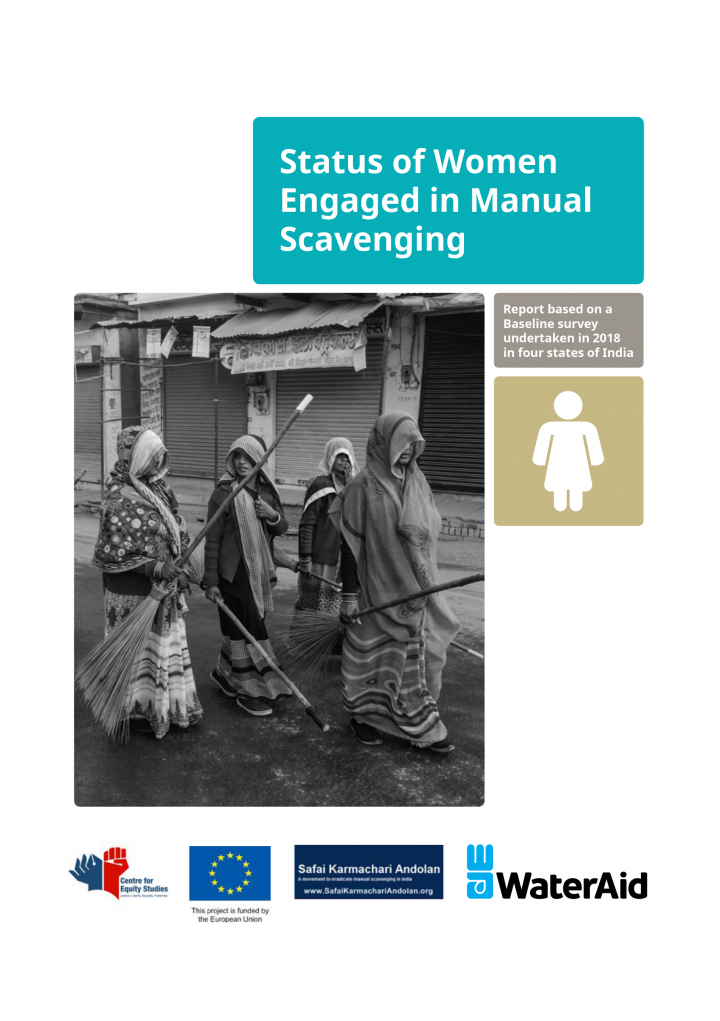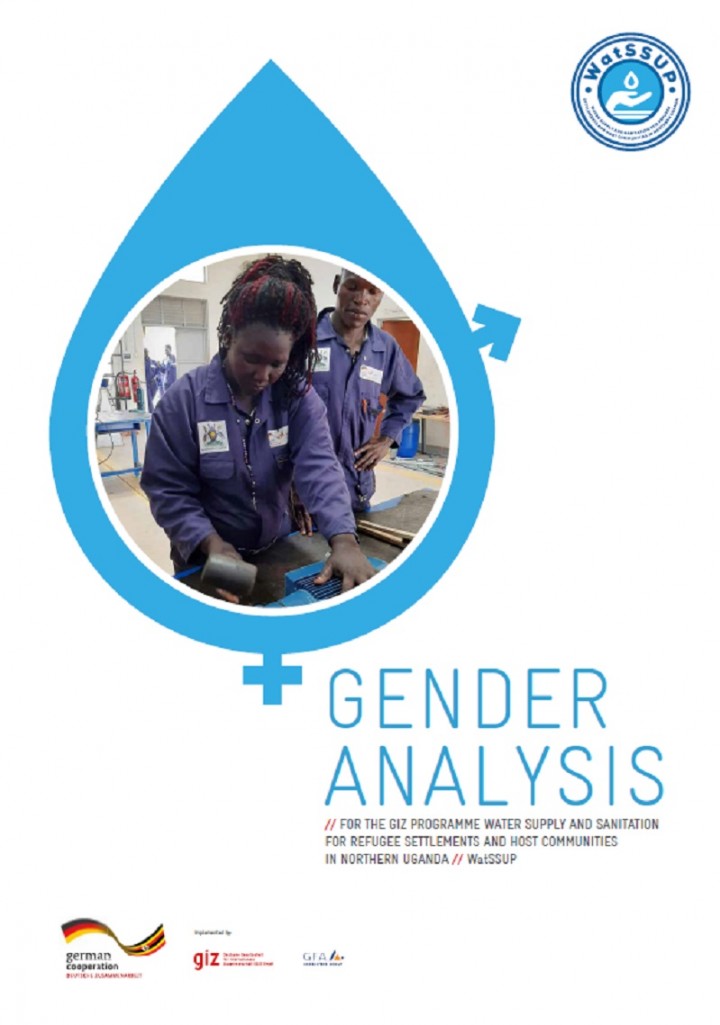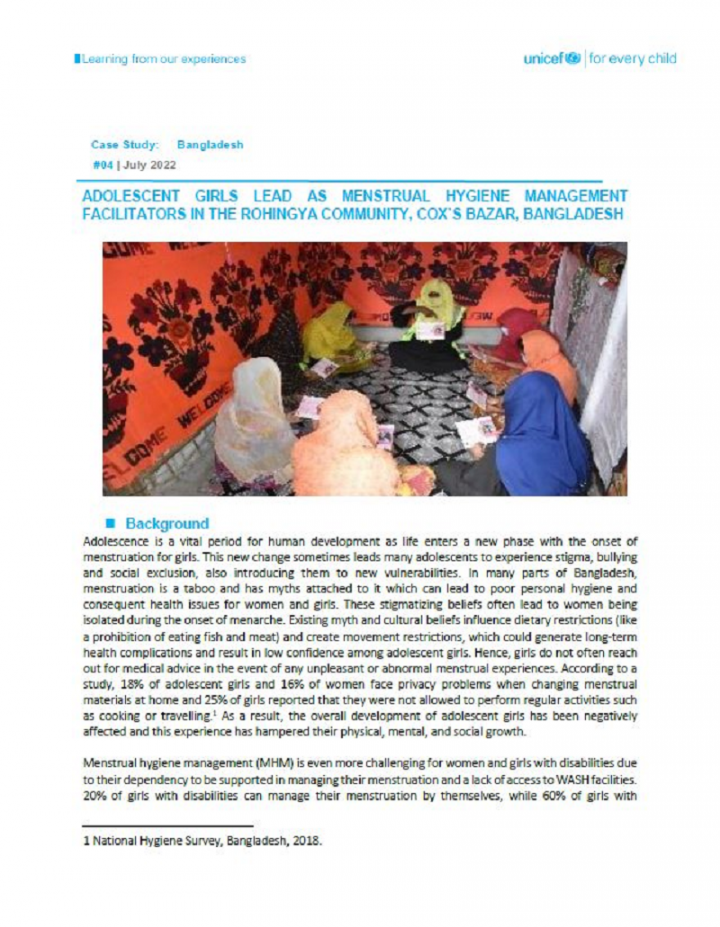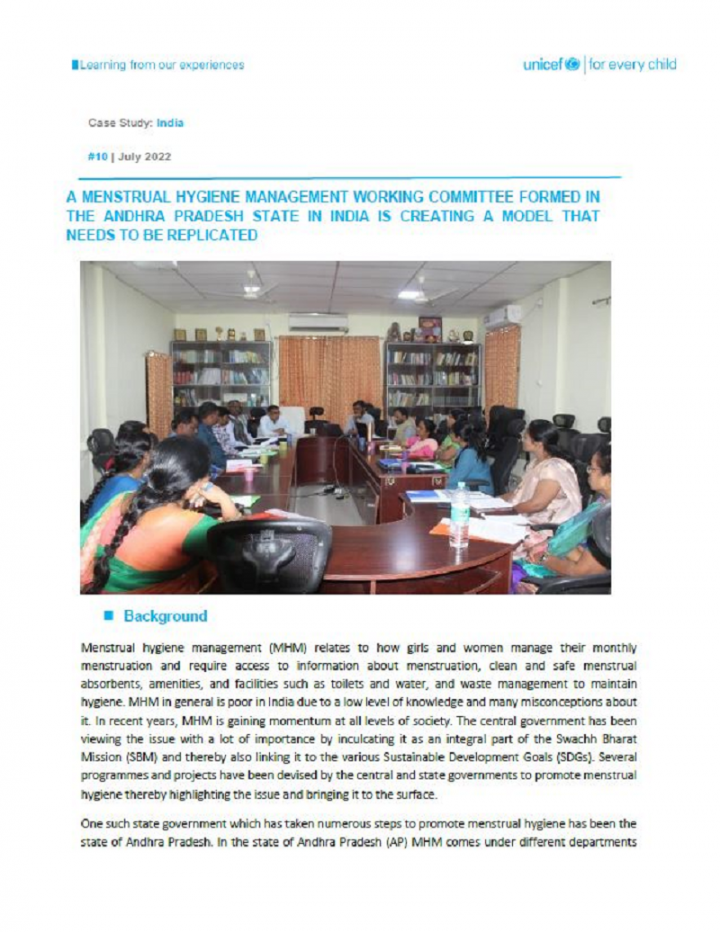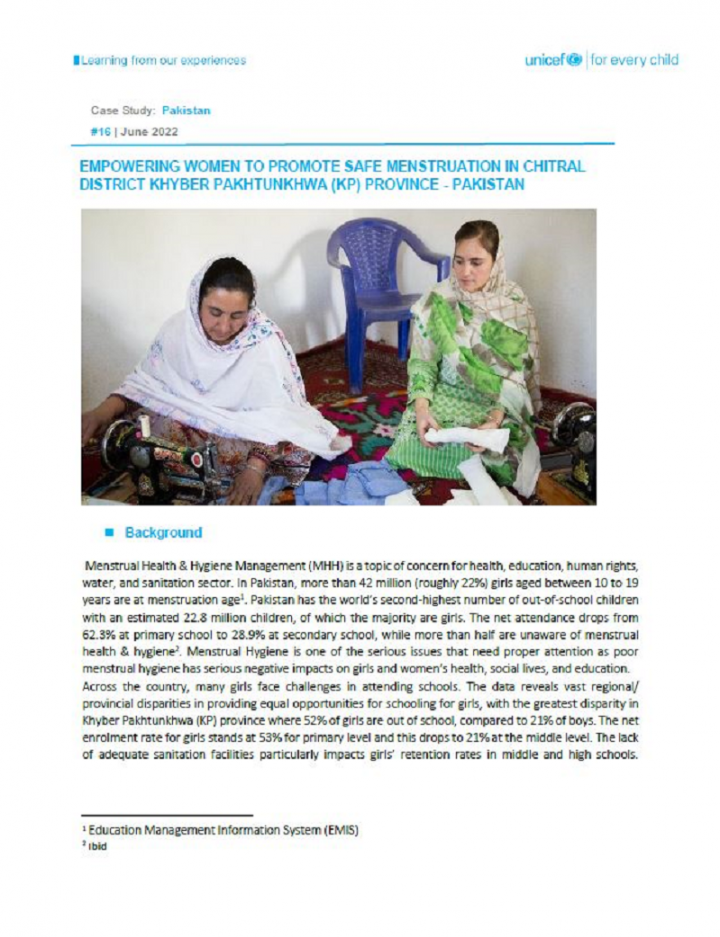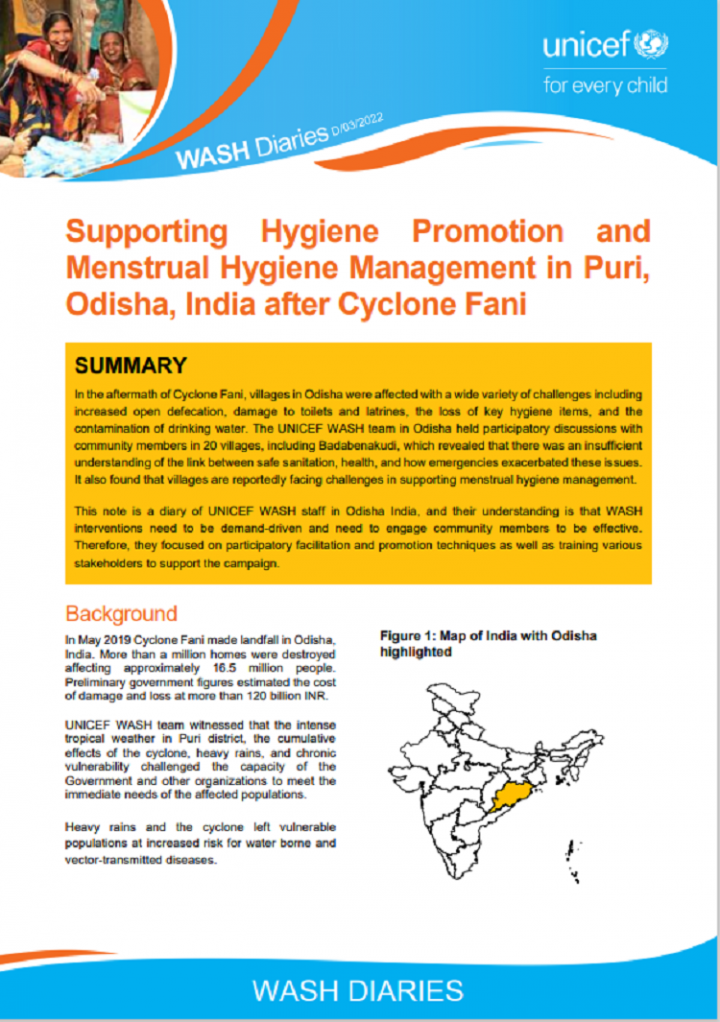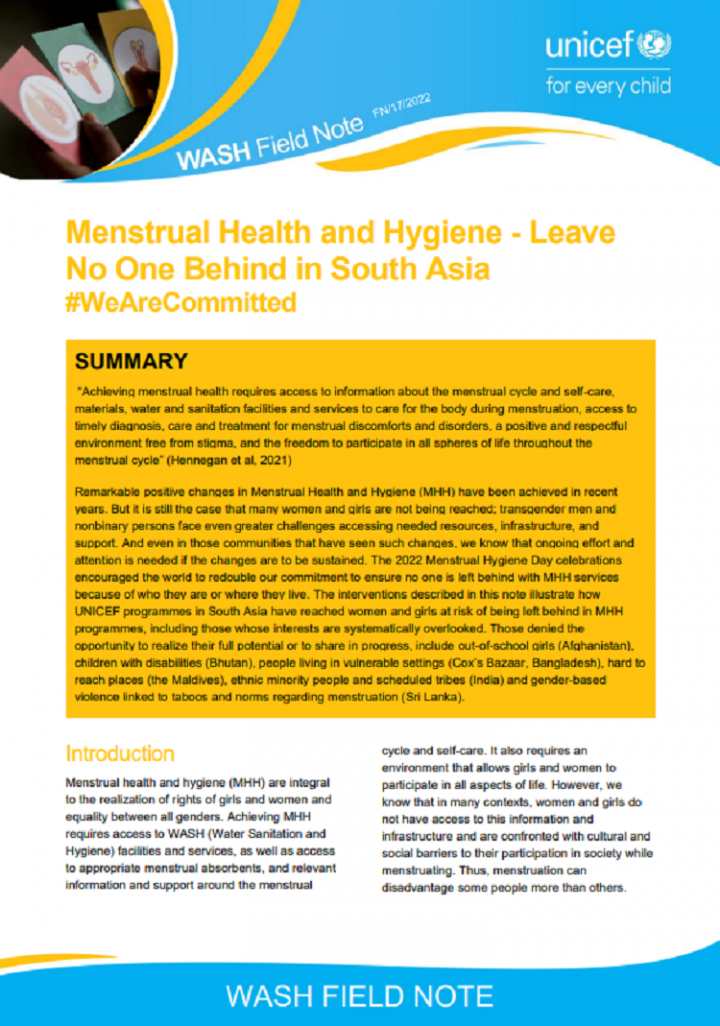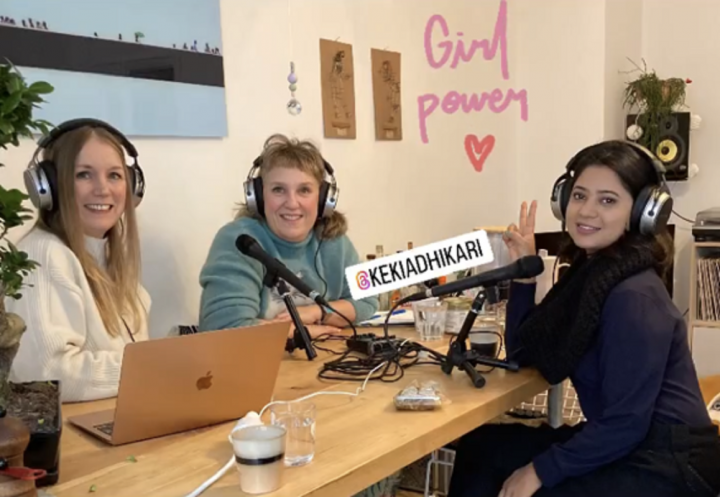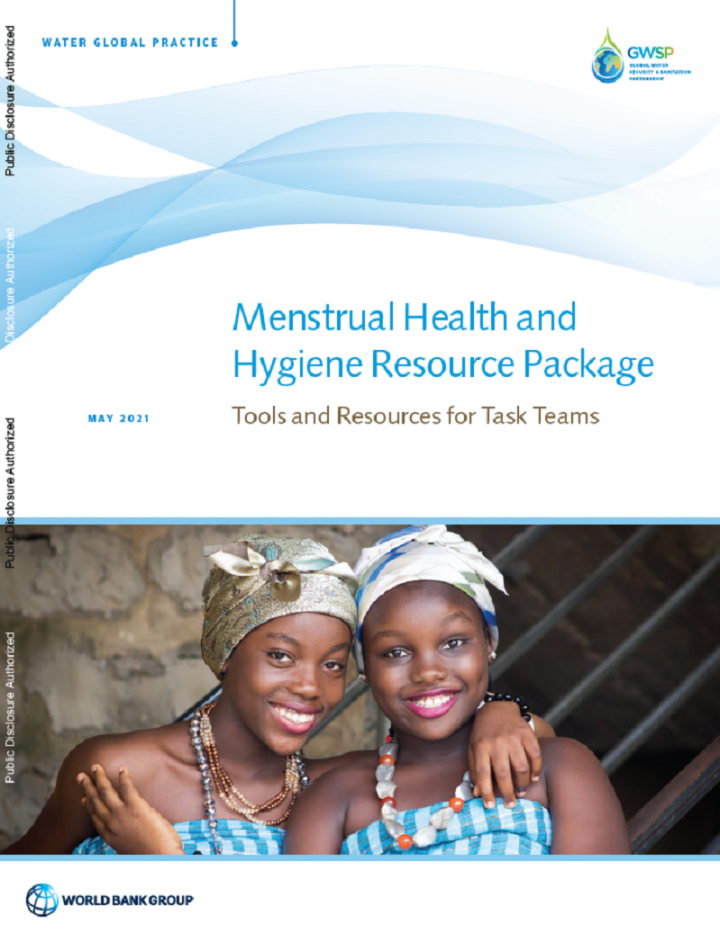Searching for information on Sanitation Workers?
The Sanitation Workers Knowledge + Learning Hub is the best source for all current news, trends, articles and updates on sanitation workers rights around the world.
The purpose of Including Children with Disabilities in Humanitarian Action is to strengthen the inclusion of children and women with disabilities, and their families, in emergency preparedness, response and early recovery, and recovery and reconstruction. This series of booklets provides insight into the situation of children with disabilities in humanitarian contexts, highlights the ways in …
The Women’s Refugee Commission completed a research mission to the Jijiga Somali refugee camps in Ethiopia in April 2012. The research mission was the first of three such missions, which are part of a threeyear global advocacy research project aimed at enhancing the safety and resilience of adolescent girls ages 10 to 16. The purpose of the three-week visit to Ethiopia was to assess Somali …
WoMena believes in providing best available evidence, so that women and girls, and their communities, can make informed choice. Using menstrual cups does not affect virginity, and there is as yet no evidence that menstrual cups affect the corona. However, out of respect for cultural beliefs, WoMena recommends that, if girls or women have continuing concerns, they should choose an alternative …
Menstruation is a sign of health, growth, and development for girls. It is part of the transition from being a girl to womanhood.
This is a child-friendly material intended to teach girls about their periods. It has practical information presented in an approachable manner, covering common questions about menstruation, tips on how to handle the transition, and myths about periods. …
This open access handbook, the first of its kind, provides a comprehensive and carefully curated multidisciplinary genre-spanning view of the state of the field of Critical Menstruation Studies, opening up new directions in research and advocacy. It is animated by the central question: ‘“what new lines of inquiry are possible when we center our attention on menstrual health and politics …
Introduction: Participants in exchange visits organized in the early 2000s were mainly men. Involving women too has become a crucial issue – if rural agricultural output is to improve it is important that women can also take part in exchange visits. These experiences will provide them with access to knowledge and information, which will gradually give them greater empowerment. Besides, women …
In May and June 2018, Oxfam undertook research with Rohingya women and adolescent girls living in Cox Bazar refugee camps, focused on the barriers and enablers of using WASH facilities in the camps. The research brought two female architects to work with women and girls to adapt the design of existing facilities, and to design new facilities to meet their needs. From discussions with women and …
Pocket charts and participatory ranking are two useful methodologies that can help to identify differences in experiences and opinions of different groups in the community, as well as to understand the scale of a problem. As pocket chart voting can be done in private, this method could be well suited for identifying the experiences women and girls or other community members have of harassment or …
The rapid influx of Rohingya refugees into Cox's Bazar, Bangladesh, has led to the formation of huge camps, built on difficult terrain, short of space and with high population density. All these factors present numerous challenges to agencies seeking to provide latrines, water points, and bathing facilities. Feedback gathered from women and girls highlighted significant challenges around access, …
This Conceptual Framework for Social and Behaviour Change Programming gathers in one place a wide variety of theories and presents the Behavioural Drivers Model which informs a set of research and programming tools recently developed and used by UNICEF, including Everybody wants to belong: Practical guide to tackling and leveraging social norms in behavior change programming and Measuring Social …
There is growing attention to addressing the menstrual hygiene management (MHM) needs of the over 21 million displaced adolescent girls and women globally. Current approaches to MHM-related humanitarian programming often prioritize the provision of menstrual materials and information. However, a critical component of an MHM response includes the construction and maintenance of water, sanitation …
In India, gender and caste plays a dominant role in the kinds of jobs that women in the workforce are employed in. It is well established that caste and patriarchy are the main compulsive factors that force people, especially women of the specific scheduled caste communities, into manual scavenging. They are into different forms of manual scavenging, mainly cleaning the insanitary dry latrines …
Sanitation workers are the backbone of the public hygiene and waste management system. Despite providing an essential public service, their work is often unrecognised. A majority of the workers too are unaware of the social security and welfare schemes instituted by both the Central and State governments for their wellbeing, which prevents them from availing the benefits such as pension, …
Recent researches show that Afghan women and girls face many challenges in managing their menstrual cycle or menstruation. They do not have access to sufficient facilities and face discriminatory customs and traditions in the family and society. This issue has made it difficult for them to observe proper health conditions and cleanliness during menstruation.
About 70 percent of girls do not …
The baseline survey was conducted in the four states of Bihar, Madhya Pradesh, Uttar Pradesh and Jharkhand. This report has analysed the data generated for the following areas:
a. Manual scavenging (MS) and dry latrines
b. Prevalence of stigma, discrimination, untouchability, gender and caste-based discrimination and violence
c. Participation in community led initiatives for rights and …
*French with English translation*
This session examines the intersectional dimensions of sanitation work relating to gender, caste, class, race and age (including inter-generational change). The speakers cover particular challenges for women sanitation workers in India, Côte d'Ivoire, Madagascar and Senegal, and explore ways in which to visibilise often hidden or unseen working practices and …
The observations and recommendations presented in this gender analysis are meant to provide information to the programme regarding the relevance of gender aspects in Uganda, and particularly for the continued implementation process of the Programme: Water Supply and Sanitation for Refugee Settlements and Host Communities in Northern Uganda (WatSSUP).
Adolescence is a vital period for human development as life enters a new phase with the onset of menstruation for girls. This new change sometimes leads many adolescents to experience stigma, bullying and social exclusion, also introducing them to new vulnerabilities. In many parts of Bangladesh, menstruation is a taboo and has myths attached to it which can lead to poor personal hygiene and …
Menstrual hygiene management (MHM) relates to how girls and women manage their monthly menstruation and require access to information about menstruation, clean and safe menstrual absorbents, amenities, and facilities such as toilets and water, and waste management to maintain hygiene. MHM in general is poor in India due to a low level of knowledge and many misconceptions about it. In recent …
Menstrual Health & Hygiene Management (MHH) is a topic of concern for health, education, human rights, water, and sanitation sector. In Pakistan, more than 42 million (roughly 22%) girls aged between 10 to 19 years are at menstruation age1. Pakistan has the world’s second-highest number of out-of-school children with an estimated 22.8 million children, of which the majority are girls. The net …
In the aftermath of Cyclone Fani, villages in Odisha were affected with a wide variety of challenges including increased open defecation, damage to toilets and latrines, the loss of key hygiene items, and the contamination of drinking water. The UNICEF WASH team in Odisha held participatory discussions with community members in 20 villages, including Badabenakudi, which revealed that there was an …
“Achieving menstrual health requires access to information about the menstrual cycle and self-care, materials, water and sanitation facilities and services to care for the body during menstruation, access to timely diagnosis, care and treatment for menstrual discomforts and disorders, a positive and respectful environment free from stigma, and the freedom to participate in all spheres of life …
"Follow your heart!" How a Bollywood star is empowering Nepalese women and winning our hearts in the process
Keki Adhikari is a Nepalese superstar with 1.3 million followers. Join us as we celebrate the power of change, which is only accepted when it reaches the heart. Keki talks about taboo subjects such as menstruation and forced marriage, slowly but surely changing women's rights in Nepali …
The purpose of this resource package is to assist World Bank task teams in ensuring that their projects are inclusive and responsive to the needs of women and girls. The tools included in this package are practical and user-friendly and guide task teams on how to design and monitor effective, inclusive, and sustainable menstrual health and hygiene (MHH) initiatives as part of their water supply, …

